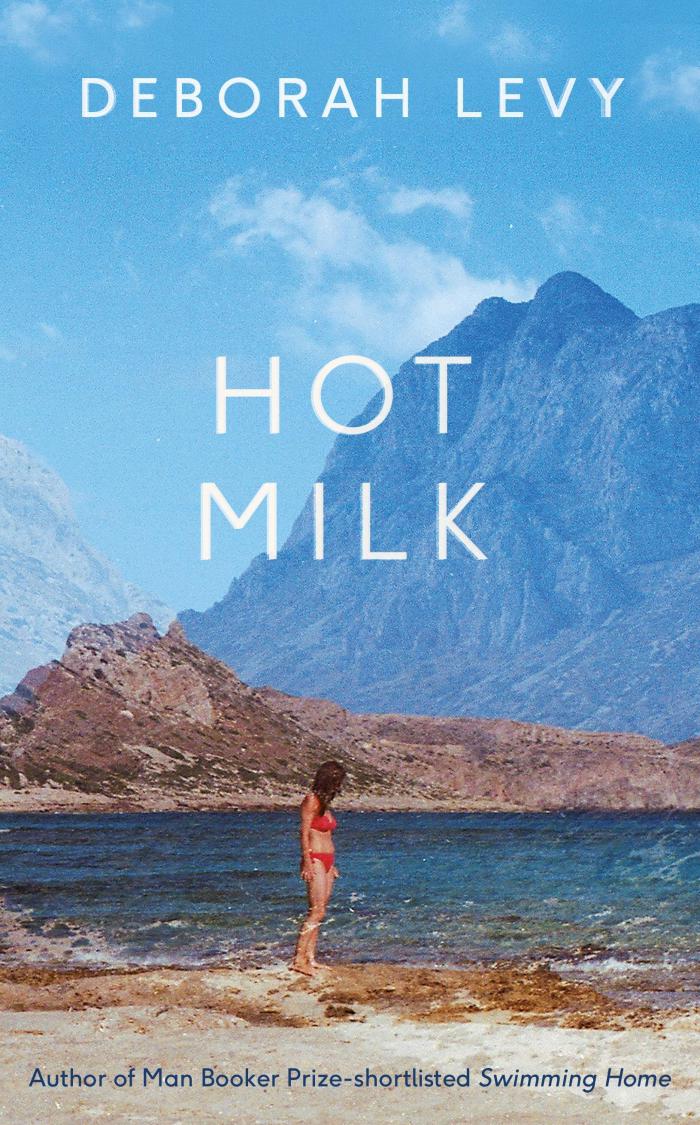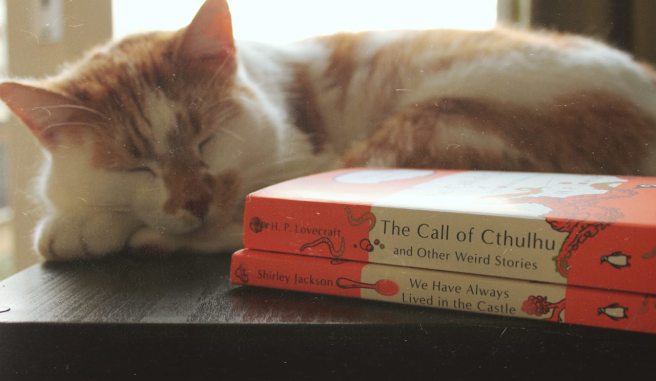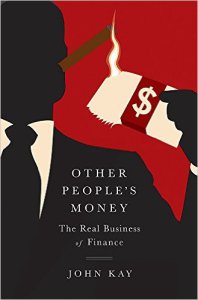 Trying too hard is exhausting. No wonder teenagers sleep so much. They are, after all, the masters of trying too hard and laying upon those efforts still further attempts to look like they’re not trying at all.
Trying too hard is exhausting. No wonder teenagers sleep so much. They are, after all, the masters of trying too hard and laying upon those efforts still further attempts to look like they’re not trying at all.
But while it is exhausting to do, it’s pretty exhausting to be faced with too. Booker Prize winner Deborah Levy’s latest novel, Hot Milk, tries SO HARD. It is incantory, hypnotic, lavish. “Dense in the way a poem is rich,” said one review. “Every page seething with lavish, crypic innuendo,” wrote another.
This novel is indeed poetic and rich. It is tortuously symbolic. It is strenuously languorous. It tells of a mother and a daughter who are visiting a progressive clinic in Spain in a last-ditch attempt to solve the mother’s long term ailments, particularly her inability to walk. Mother and daughter are caught up in psychological webs of servitude, resentment, love and entrapment. All is not as it seems.
The narrator is the daughter, Sofia, an unemployed anthropologist who loves to interpret everything around her as a symbol of everything else. Some of this is intriguing, but like Sofia and Rose, it soon becomes rather unbearable. The book misses no opportunity to try to be esoteric. As I paraphrased to a friend: “A snake Beheaded. Beloved. Am I she? She is I. The Medusas sting. So sharp.” And so on, and so on, and so on. It is very Woolfian – we never know, for example, whether Sofia’s lover has embroidered the word ‘BELOVED’ or ‘BEHEADED’ onto a silk slip she gives her; the truth is apparently subjective to the individual and the moment. The book is so relentlessly interior, with everything representative of everything else, that while it represents a mind in distress and a hostile environment and distorted family relationships brilliantly, it irritates the hell out of you while it does so.
Of course in Levy’s accomplished hands it ultimately all comes together in a way that is simultaneous satisfying and surprising – a serious skill. In fact the very ending was such a masterful drawing in of the themes laced through the book that I almost reviewed my position on the book as a whole.
But I can’t do that to you. It is not enough for a book to gaze in a mirror for its whole duration only to snap up and meet your gaze at the final moment. It’s too draining. Sometimes a lighter touch can achieve a deeper effect.
Advertisements Like this:Like Loading... Related




